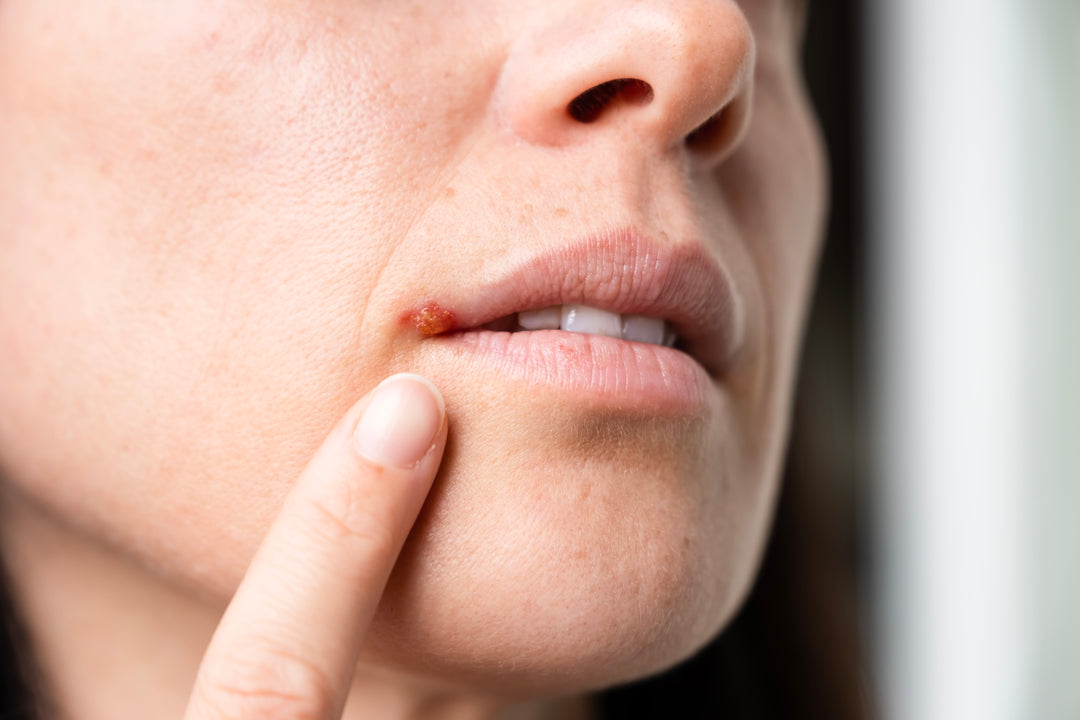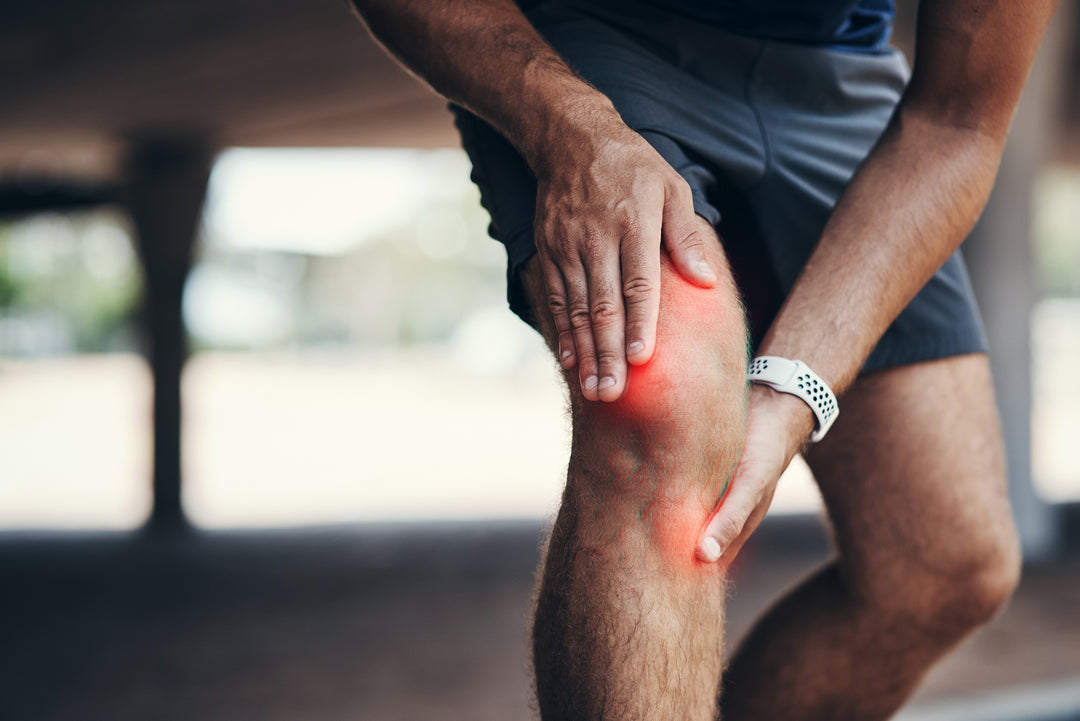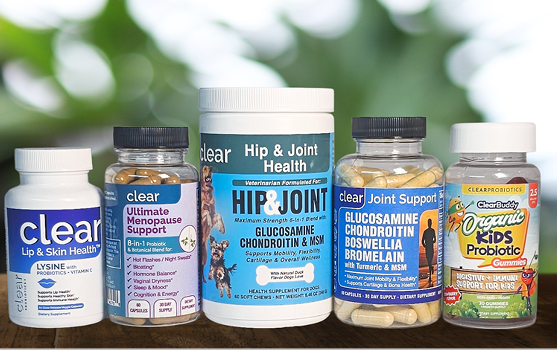What Is the Best Supplement for Anxiety and Depression?
If you're struggling with anxiety and depression, you're one of the millions of people around the world who suffer from these conditions on a daily basis. And while there are many prescription medications available to help ease the symptoms, some people prefer to seek out natural remedies instead. What is the best supplement for anxiety and depression?
To answer this question, we've compiled a list of our top picks based on extensive research and expert input. To know what is the best supplement for anxiety and depression, read on!
Table of Contents
What is the Best Supplement for Anxiety and Depression?
One out of every five adults in the United States will experience mental illness in any given year. Luckily, there are a number of things you can do to ease your symptoms.
One of the most effective things you can do is take supplements. There are a number of different supplements that have been shown to be helpful for anxiety and depression.
What is the best supplement for anxiety and depression?
1. Probiotics
Probiotics are live bacteria that are good for our gut health. They are often found in yogurt and other fermented foods like kimchi.
A small 2016 study found that people with severe, clinical-level depression who took a probiotics supplement for 8 weeks had improved symptoms of depression.
In 2017, a small study found that the Bifidobacteria strain NCC3001 may help improve overall life quality, reduce depression, and alleviate symptoms of irritable bowel syndrome (IBS).
That same year, a review of studies looking at how taking probiotics affects depression symptoms showed that a daily dose of the supplements helped with both anxiety and depression.
2. Omega-3 Fatty Acids
Omega-3 fatty acids are a type of fat that is essential for our health. They can be found in fish oil and certain types of seafood.
A 2018 meta-analysis looked at 19 different clinical trials and concluded that taking a daily Omega-3 supplement such as fish oil could help people with anxiety.
Another study that same year found that low consumption of Omega-3 fatty acids could increase your risk of depression and anxiety and that supplementing with Omega-3 could help to prevent or treat them.
3. St. John's Wort
St. John's wort is a plant that has been used for centuries to treat a variety of medical conditions. It is most commonly used to treat depression.
St. John’s wart is most commonly used to treat depression and anxiety. There is some strong evidence that it is also effective in relieving symptoms of mild and moderate depression.
4. Magnesium
Magnesium is a mineral that is found in a variety of foods, including dark chocolate and leafy green vegetables.
In a 2017 review of 18 separate research studies, researchers concluded that magnesium supplementation may improve symptoms of anxiety disorders in people who are susceptible to them.
5. Lavender
Lavender is a plant that has a long history of use for its calming and relaxing properties.
The NCCIH states that people often use lavender for stress but that the research into their efficacy is mixed. As a result, more studies are needed.
A 2017 study found that people who used essential oils like lavender before having minor surgeries had less anxiety and stress than those who did not.
If you're struggling with anxiety or depression, talk to your doctor about whether or not supplements might be right for you.
Living With Anxiety and Depression
Anxiety and depression are two of the most common mental health disorders in the United States. According to the National Institute of Mental Health, 18.1% of adults in the country suffer from anxiety and 6.7% suffer from depression.
There are many different types of anxiety and depression, and the symptoms can vary from person to person.
Some of the most common symptoms of anxiety and depression include:
- Feeling anxious or worried all the time.
- Feeling down or hopeless.
- Feeling irritable or moody.
- Having trouble sleeping.
- Losing interest in things you used to enjoy.
- Feeling tired all the time.
- Having difficulty concentrating.
- Experiencing physical symptoms such as headaches or stomachaches.
If you are suffering from anxiety or depression, it is important to talk to your doctor. They can help you figure out what type of anxiety or depression you have and what treatment options are available.

(Source)
There are many different treatments for anxiety and depression, but not all of them work for everyone. Some people may need to try different treatments before they find one that works for them.
One treatment option that is becoming increasingly popular is the use of supplements. There are many different supplements that claim to help with anxiety and depression, but not all of them are backed by science.
So, how do you know if a supplement is actually going to help with your anxiety or depression?
Here are a few things to look for:
- Clinical studies: The best way to know if a supplement works is to look at clinical studies. These are studies that have been done on humans, not animals.
- Dose: Make sure you are taking the correct dose of the supplement. Taking too much or too little can make the supplement ineffective.
- Safety: Make sure the supplement is safe for you to take. Some supplements can interact with medications you are already taking.
Look for studies that show the supplement is effective for treating anxiety or depression. If you are looking for a supplement to help with your anxiety or depression, make sure to do your research.
Benefits of Supplements for Anxiety and Depression
There are a few different reasons why taking a supplement for anxiety and depression can be so helpful.
First, supplements can help to fill in any nutritional gaps that may be contributing to your symptoms. For example, Omega-3 fatty acids are known to be beneficial for relieving both anxiety and depression. If you’re not getting enough of these essential nutrients from your diet, taking a supplement can help to make up the difference.
In addition, supplements can also help to reduce stress levels. Chronic stress is a major trigger for both anxiety and depression, so anything that can help to reduce your stress levels can be beneficial.
There are a number of different supplements that can be helpful for anxiety and depression. Some of the most popular include Omega-3 fatty acids, magnesium, probiotics, and herbs like ashwagandha and St. John’s Wort.
When to Take Supplements for Anxiety and Depression
When it comes to taking supplements for anxiety and depression, there is no one-size-fits-all solution. The best time to take them may vary depending on the person and the specific supplement.
Some people may find that taking supplements in the morning helps to improve their mood and reduce anxiety throughout the day. Others may prefer to take them in the evening in order to wind down and relax before bed. Ultimately, it is important to experiment and find what works best for you.
If you are taking supplements for the first time, it is always a good idea to start with a lower dose and increase gradually as needed. This will help you to avoid any potential side effects.
It is also important to speak to a healthcare professional before starting any new supplement, especially if you are taking medication for anxiety or depression.
FAQs About What Is the Best Supplement for Anxiety and Depression
What supplements help anxiety and depression?
A 2019 study found that a vitamin and mineral combination of B vitamins, vitamin C, calcium, magnesium, and zinc significantly reduced the anxiety and stress of college students.
A 2018 study found that taking daily vitamins may help improve mood in people suffering from anxiety disorders.
What vitamins help with mood and anxiety?
Some vitamins that have been shown to help with mood and anxiety include vitamin B6, vitamin B12, folic acid, and Omega-3 fatty acids.
Which supplements are best for anxiety?
- Probiotics
- Vitamin D
- Vitamin B complex
- Magnesium
- L-theanine
- Multivitamins
- Omega-3
- Valerian root
Do supplements for anxiety work?
Ashwagandha has been shown to reduce stress and anxiety in healthy individuals. While it may be effective in some people, it may not be as effective for those with severe anxiety disorders.
Conclusion
There are many different medications and herbal supplements that are available to treat the symptoms of anxiety and stress. As more research is conducted, it may become clearer which of these treatments actually work, but for now, you should always speak with your doctor before adding a new medication or dietary supplement to your routine.
Supplements are just one option when it comes to treating your anxiety and stress. You should also consider lifestyle changes as well as seek professional help. And you shouldn’t use vitamins or minerals in place of your prescription medicine.
What is the best supplement for anxiety and depression? We've listed 5 of our top picks. If you're ready to give them a try, talk to your doctor or healthcare provider about which option may be right for you.








